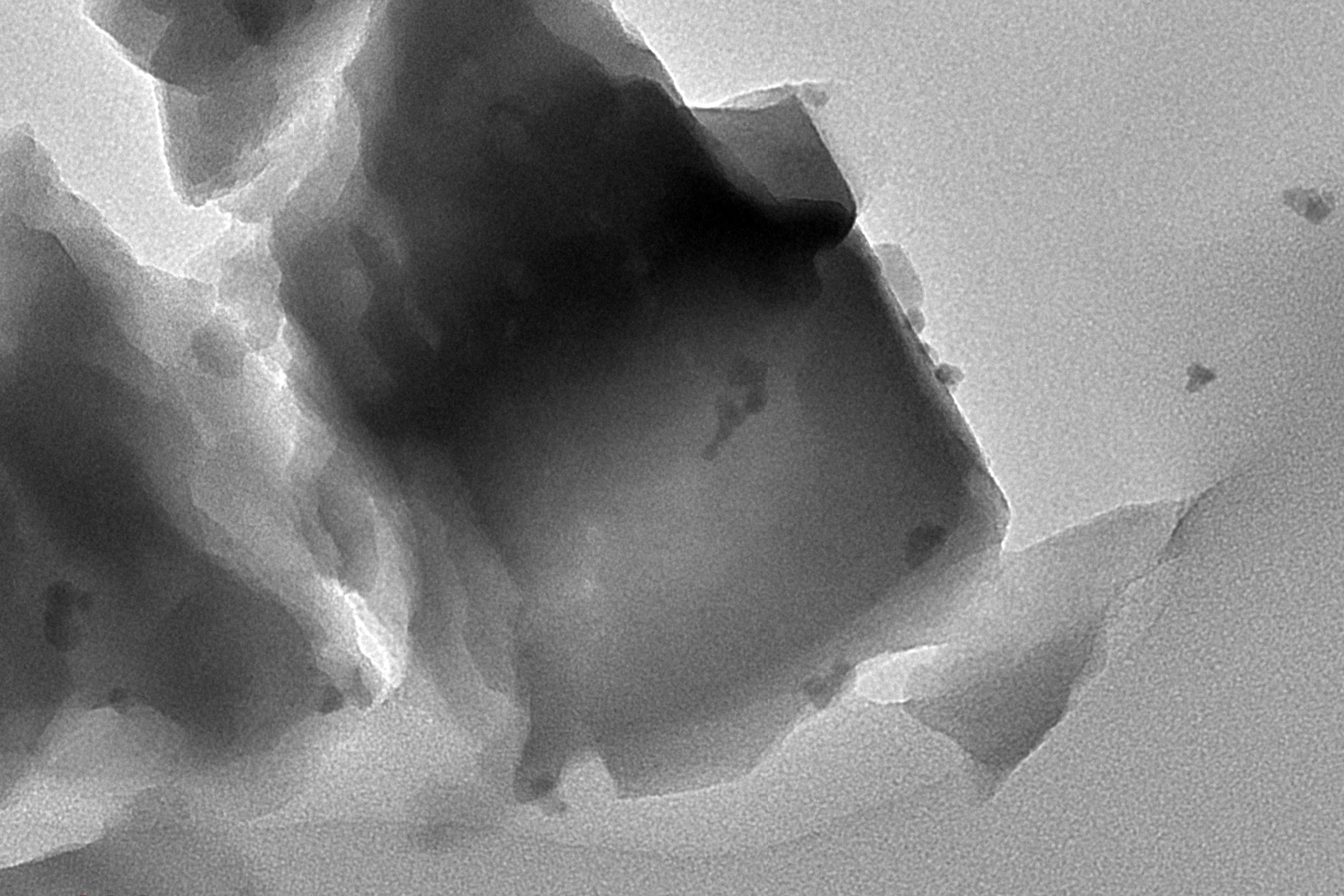- The Green Light
- Posts
- 🌱💡 Saving our underwater forests
🌱💡 Saving our underwater forests
Today's good climate and environment news
From scientific discoveries to activist wins, here are the latest news stories that showcase the people who are taking on climate change and nature loss, and winning.
🌿 The quest to save seagrass
Seagrass captures carbon 35 times faster than the world’s rainforests, but is largely ignored in the fight against climate change. Degraded by pollution, disease, and rising temperatures, these underwater meadows are quickly disappearing. So, scientists are working to restore these plants with a novel approach called assisted migration. This means replanting genetically heat-resistant seagrass in places with warmer waters, where original populations are struggling to survive.
‘Its green grass blades, which can grow up to a couple feet long, offer food and shelter to horseshoe crabs, seahorses and fish of all sizes that weave through its mazes. Little shrimp pollinate the plant’s flowers like “bees of the sea.”’
💨 Making use of methane
Engineers at MIT have found a way to turn the greenhouse gas methane into useful polymers, potentially slashing emissions. The new two-step process changes methane into methanol, and methanol into formaldehyde. This can then be turned into urea-formaldehyde, a polymer used in textiles and chipboard. This transformation works at room temperature and in atmospheric conditions, so it can be easily deployed in places where methane is usually released, like cattle barns (more on that in yesterday’s issue).
🥔 Engineering heat-resistant potatoes
Eaten by over a billion people around the world, potatoes are crucial for global food security, but at risk as temperatures rise. Now, scientists from the University of Illinois have engineered a more climate-resilient potato that can withstand heat waves. After temperatures rose past 95°F (35°C) for four days straight, the researchers found their genetically modified potatoes had a 30% increase in tuber mass compared to the control group.

